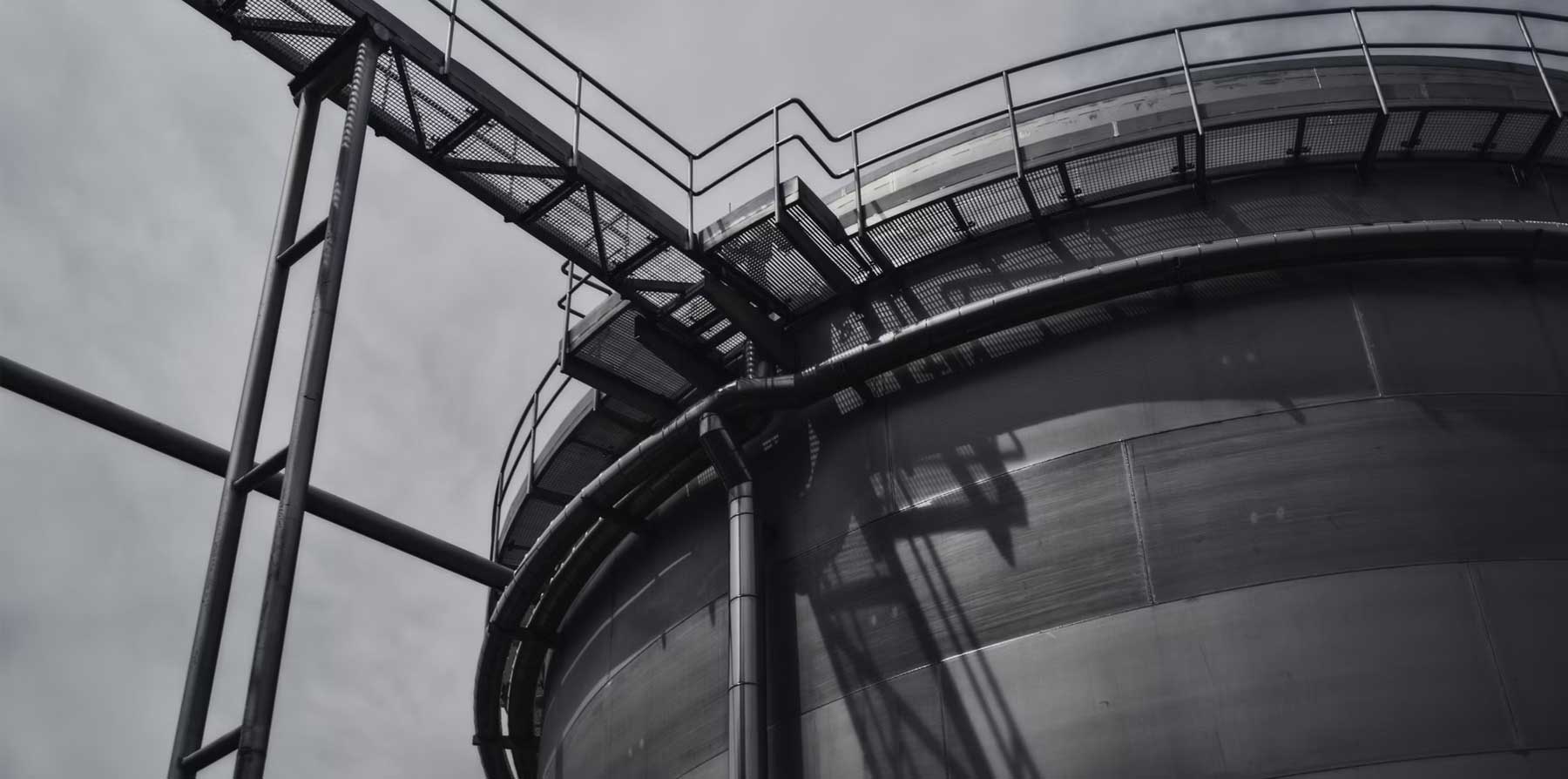
Who exactly is in charge of where you get your water, and how much you pay?
Like any industry, the water industry has a lot of different factors and faces to learn. Understanding more about the water retail market might not seem like it should be at the top of your business’s to-do list, but having this knowledge on board can lead to significant benefits for your brand.
In fact, knowing more about the water retail market can give you the tools you need to choose the best supplier for your business, effectively saving you significant costs in the long run. What’s more, you’ll be better equipped to find a green water supply that aligns with your organisation’s sustainability commitments.
With that in mind, let’s take a closer look at who’s who within the water retail market.
The landscape of the water retail market
The water retail market in the UK underwent significant changes in April 2017, with the market opening up to competition for all non-household customers in England. This change meant businesses, charities, and public sector organisations could choose their water and wastewater retailer, just like they do for energy suppliers.
This move was put in place to increase competition, leading to better customer service and more innovative water efficiency solutions for businesses.

Water sources
The water supply chain starts with the collection of water from various sources. In the UK, water primarily comes from rivers, reservoirs, and underground aquifers. Each of these sources goes through a thorough evaluation to ensure it meets the standards for public consumption.
Regulators
Regulators are the unsung heroes of the water supply chain. The Drinking Water Inspectorate (DWI) oversees the safety of drinking water, ensuring it meets health standards. Their role is to monitor water companies, conduct audits, and enforce regulations that protect public health. With their guidance, water suppliers implement rigorous testing and treatment protocols to keep water quality high.
The cleaning process
Before water hits our taps, it must undergo a comprehensive cleaning process. This involves coagulation, where chemicals are added to bind with dirt and particles, sedimentation, where these particles settle and are removed, and filtration, which strains out remaining impurities. The final step is disinfection, often using chlorine, to kill any bacteria or viruses. This ensures that the water reaching our homes is crystal clear and safe to drink.
Water companies
Water companies are responsible for treating, storing, and distributing water. They manage the infrastructure that delivers water to our homes, including treatment plants and a vast network of pipes. Their work is ongoing, with constant monitoring of water quality, regular maintenance of the infrastructure, and investment in new technologies to improve efficiency and sustainability.
Pipe maintenance
An often overlooked but vital component of the water supply chain is pipe maintenance. The UK’s water pipe network stretches for hundreds of thousands of miles, and its upkeep is essential to prevent leaks, bursts, and contamination. Water companies are continually working to repair and replace old pipes, using innovative technologies like smart sensors to detect problems before they affect supply.
Choosing the right retail supplier for your business
Selecting the right water retailer is crucial for businesses looking to reduce costs and enhance their sustainability practices. When choosing a supplier, consider factors such as customer service, billing options, and the availability of water efficiency services.
Look for suppliers that align with your sustainability goals, offering services like rainwater harvesting or greywater recycling.
The importance of sustainability
Sustainability is becoming increasingly important in the water retail market, with suppliers and customers alike looking for ways to reduce their environmental impact.
Many retailers now offer services designed to help businesses use water more efficiently, reducing both costs and carbon footprint. Choosing a supplier committed to sustainability can help your business contribute to a more sustainable future.
Final thoughts
The water retail market offers a range of options for businesses, with suppliers competing on service, price, and sustainability. By understanding the key players and what they offer, businesses can make informed decisions that benefit their operations and the environment.
As the market continues to evolve, staying informed will be key to leveraging the opportunities presented by competition and innovation in water retail.


Contact Everflow today!
At Everflow, our goal is to make your utilities simpler – we ensure you get great-value contracts that are tailored to your needs and easy to manage. Get a bespoke quote using the link below.


